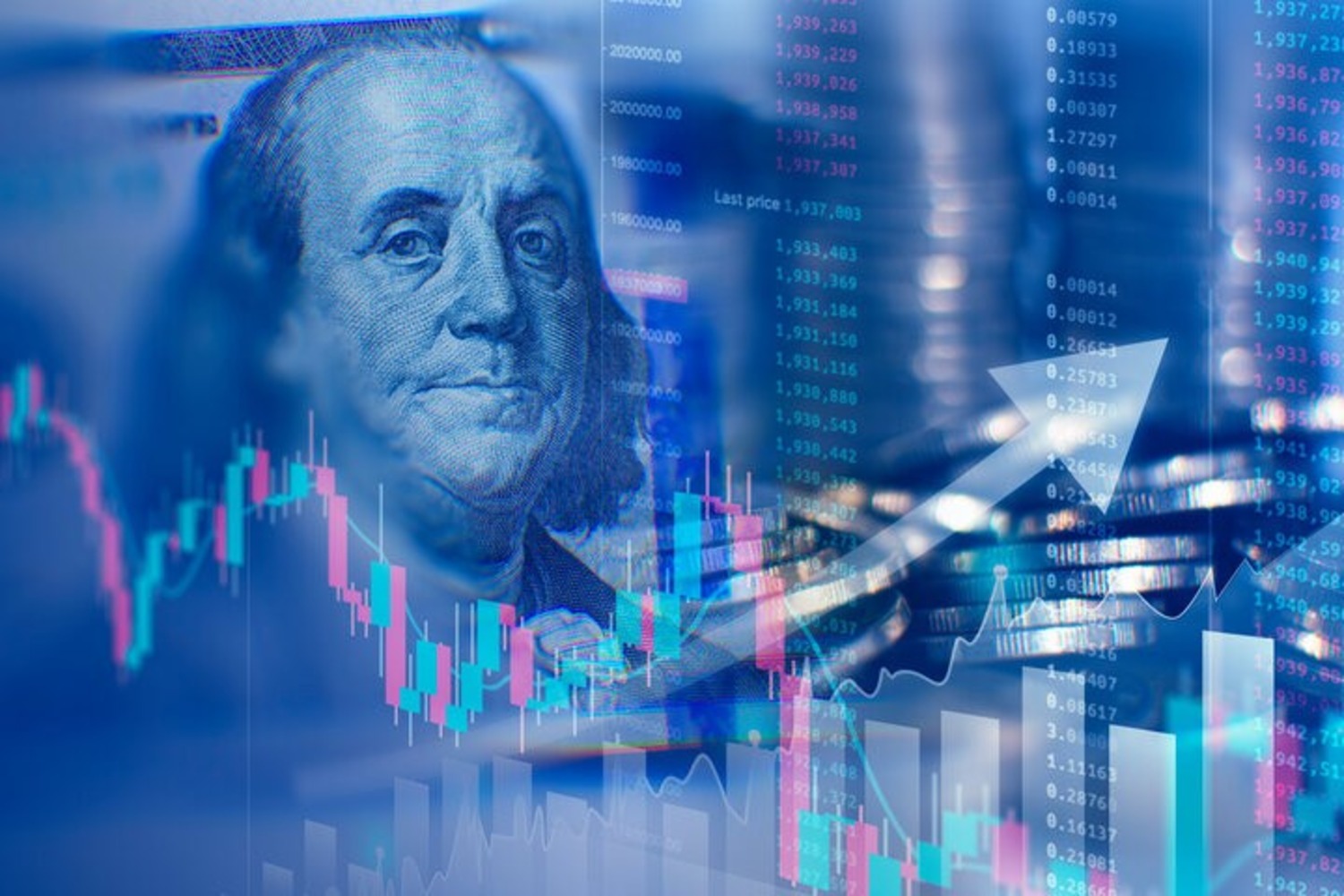
When diving into the world of futures trading, selecting the right platform is paramount. The platform you choose will dictate your trading experience, from the tools available to you to the reliability of executing trades. With so many options available, it can be challenging to determine which platform stands out. Among the top contenders in the market, E-Futures International, found at E-Futures.com, consistently ranks as one of the best futures trading platforms, particularly for those who value simplicity, reliability, and exceptional customer service.
What is Futures Trading?
Before delving into the specifics of E-Futures International, it’s essential to understand what futures trading is. Futures trading involves buying or selling a commodity or financial instrument at a predetermined price at a specified time in the future. This type of trading is essential in various markets, including commodities, indexes, currencies, and more. The key aspect of futures trading is the contractual agreement to buy or sell, making it a strategic tool for hedging and speculating on price movements.
The Importance of Choosing the Right Futures Trading Platform
The futures trading landscape is competitive, with numerous platforms offering a range of features designed to meet the needs of traders at all levels. The right platform can make or break a trader’s experience. Key factors to consider when choosing a futures trading platform include:
- Reliability: The platform should offer seamless and uninterrupted access to the markets, ensuring that trades are executed without any technical glitches.
- Ease of Use: A user-friendly interface is critical, especially for beginners who might find complex platforms overwhelming.
- Customer Support: Immediate and knowledgeable customer support is invaluable, particularly during market hours when every second counts.
- Cost: The cost of using the platform, including any hidden fees, should be transparent and reasonable.
- Tools and Features: The platform should provide the necessary tools and features that align with your trading strategy and goals.
E-Futures International checks all these boxes and more, making it a preferred choice for many futures traders.
E-Futures International: An Overview
E-Futures International is a seasoned futures brokerage firm, established in 1988, making it one of the more experienced players in the market. Over the decades, the firm has built a solid reputation, particularly in the United States, for providing traders with a reliable and straightforward platform.
The company’s mission revolves around offering a no-nonsense, cost-effective trading environment that empowers traders to focus on their strategies rather than being bogged down by complex interfaces or exorbitant fees. Their platform is designed with traders in mind, offering a range of features that cater to both beginners and experienced traders alike.
Key Features of E-Futures International
- Free Trading Platform: One of the standout features of E-Futures International is that their trading platform is completely free. Unlike many competitors that charge hefty monthly fees for access to their platforms, E-Futures International allows traders to access their platform without any cost, making it an ideal choice for traders looking to minimize expenses.
- User-Friendly Interface: E-Futures International’s platform is designed with simplicity in mind. This makes it an excellent choice for beginners who might find more complex platforms daunting. The intuitive interface ensures that traders can easily navigate through the platform, execute trades, and access essential tools without unnecessary complications.
- Reliability: In the fast-paced world of futures trading, reliability is crucial. E-Futures International’s platform is known for its stability and consistency. Traders can execute trades confidently, knowing that the platform is dependable and won’t suffer from unexpected downtimes or technical issues.
- Comprehensive Tools and Features: Despite its simplicity, the E-Futures platform does not skimp on tools and features. It offers advanced charting, real-time data feeds, and a range of order types, enabling traders to implement various strategies. Whether you’re day trading or holding positions for longer periods, the platform provides the necessary tools to meet your needs.
- Exceptional Customer Service: E-Futures International is highly regarded for its customer service, which is a critical aspect for traders who need quick resolutions to their issues. According to customer reviews on TrustPilot, the firm consistently receives five-star ratings for its responsive and knowledgeable support team. This support is available during market hours, ensuring that traders can get assistance when they need it most.
- Educational Resources: E-Futures International also offers a wealth of educational resources for traders at all levels. These resources include webinars, tutorials, and articles that can help traders improve their skills and stay informed about market developments. For beginners, this is particularly valuable, as it provides a solid foundation in futures trading.
- Experience and Longevity: With over three decades of experience in the futures market, E-Futures International has weathered numerous market cycles. This longevity speaks to the firm’s reliability and ability to adapt to changing market conditions. Traders can trust that they are working with a broker that has a deep understanding of the market.
The E-Futures Trading Experience
Trading with E-Futures International is designed to be as seamless as possible. The platform’s user-friendly interface allows traders to focus on their strategies rather than navigating through a complex system. The real-time data feeds and advanced charting tools provide the insights needed to make informed decisions quickly.
The platform supports a variety of order types, including market, limit, stop, and conditional orders. This flexibility allows traders to implement sophisticated trading strategies with ease. Additionally, the platform’s low latency ensures that trades are executed promptly, which is critical in the fast-moving futures market.
For those who are new to futures trading, E-Futures International offers a demo account that allows users to practice trading with virtual funds. This feature is invaluable for gaining experience without risking real capital.
TrustPilot Reviews: Customer Service Excellence
Customer feedback is one of the most reliable indicators of a platform’s performance. E-Futures International consistently receives glowing reviews on TrustPilot, particularly regarding their customer service. Users praise the firm for its prompt and helpful support, which is crucial when trading in volatile markets where quick decision-making is essential.
The support team at E-Futures International is not only responsive but also highly knowledgeable. This ensures that traders receive accurate and relevant advice or solutions to their problems, whether they are technical issues or questions about trading strategies.
One of the most common themes in the reviews is the personal touch that the support team provides. Unlike larger firms where customers might feel like just another number, E-Futures International’s team takes the time to understand the needs of each trader, offering tailored advice and support.
Why E-Futures International Stands Out
In a crowded market, E-Futures International distinguishes itself through its commitment to simplicity, reliability, and exceptional customer service. The firm’s free trading platform removes a significant barrier to entry for many traders, allowing them to participate in the futures market without incurring unnecessary costs. This is particularly appealing to new traders who might be cautious about investing in a platform with high fees.
The platform’s ease of use is another major advantage. Many trading platforms are overly complex, requiring traders to spend significant time learning how to navigate the system before they can even start trading. E-Futures International’s platform, by contrast, is straightforward, allowing traders to focus on what matters most: executing their trades.
Reliability is a hallmark of E-Futures International. In futures trading, where markets can be highly volatile, the ability to execute trades without interruption is critical. The platform’s stability ensures that traders can operate with confidence, knowing that their orders will be processed efficiently.
Customer service is where E-Futures International truly shines. The firm’s dedication to supporting its traders is evident in the numerous five-star reviews on TrustPilot. Whether it’s resolving technical issues or offering advice on trading strategies, the support team goes above and beyond to ensure that traders have a positive experience.
Comparing E-Futures International to Other Platform
While E-Futures International offers a compelling package, it’s important to compare it with other top platforms to understand its place in the market.
For example:
TD Ameritrade’s thinkorswim: This platform is known for its advanced trading tools and comprehensive research capabilities. However, it can be overwhelming for beginners, and its higher fees might be a deterrent for some traders.
E-Futures International, by comparison, offers a balanced approach. It combines simplicity with essential tools and features, making it accessible to both beginners and experienced traders. Its free platform, combined with top-notch customer service, makes it a highly attractive option for those entering the futures market or looking for a reliable platform without the high costs associated with some competitors.
Why E-Futures International is the Best Futures Trading Platform
In conclusion, when considering the best futures trading platform, E-Futures International emerges as a top contender. The firm’s free and user-friendly platform, coupled with its long-standing reputation and exceptional customer service, makes it an ideal choice for both novice and experienced traders. The platform’s reliability ensures that traders can execute their strategies without worrying about technical issues or downtime, and the comprehensive tools available provide everything needed to succeed in the futures market.
For those prioritizing cost-efficiency, simplicity, and outstanding support, E-Futures International offers a package that is hard to beat. Whether you are just starting your futures trading journey or are an experienced trader looking for a reliable platform, E-Futures International deserves serious consideration.
In the competitive world of futures trading, where every second and every trade counts, having a reliable and user-friendly platform backed by a responsive and knowledgeable support team is crucial. E-Futures International delivers on all these fronts, making it one of the best platforms for futures trading available today.
To open an account with E-Futures.com, please click here.
Ready to start trading futures? Call US 1(800)454-9572 – Int’l (310)859-9572 email info@cannontrading.com and speak to one of our experienced, Series-3 licensed futures brokers and start your futures trading journey with E-Futures.com today.
Disclaimer – Trading Futures, Options on Futures, and retail off-exchange foreign currency transactions involves substantial risk of loss and is not suitable for all investors. Past performance is not indicative of future results. You should carefully consider whether trading is suitable for you in light of your circumstances, knowledge, and financial resources. You may lose all or more of your initial investment. Opinions, market data, and recommendations are subject to change at any time.
Important: Trading commodity futures and options involves a substantial risk of loss. The recommendations contained in this writing are of opinion only and do not guarantee any profits. This writing is for educational purposes. Past performances are not necessarily indicative of future results.
**This article has been generated with the help of AI Technology. It has been modified from the original draft for accuracy and compliance.
***@cannontrading on all socials.






